Healthcare: Evaluating NMC Mentoring Role Changes on Nursing Students
VerifiedAdded on 2022/11/25
|5
|1019
|370
Report
AI Summary
This report examines the changes implemented by the Nursing and Midwifery Council (NMC) regarding the mentoring role in nursing, effective from September 2019. The NMC replaced mentors with practice supervisors and practice assessors, leading to three distinct roles: practice supervisor, practice assessor, and academic assessor. This shift aims to provide enhanced support for new nurses, especially those in pre-registration mental health nursing, with practice supervisors offering significant guidance and support. The report discusses the implications of these changes on student assessment, emphasizing the role of practice assessors in confirming student learning and academic assessors in final evaluations. It highlights how these changes can improve future practice by providing more focused guidance and evaluation, ultimately leading to a smoother transition into clinical practice and enhanced skills in patient assessment, care planning, and medication administration. The report references key sources such as the Nursing and Midwifery Council (NMC) and the Royal College of Nursing (RCN) to support its findings.
1 out of 5
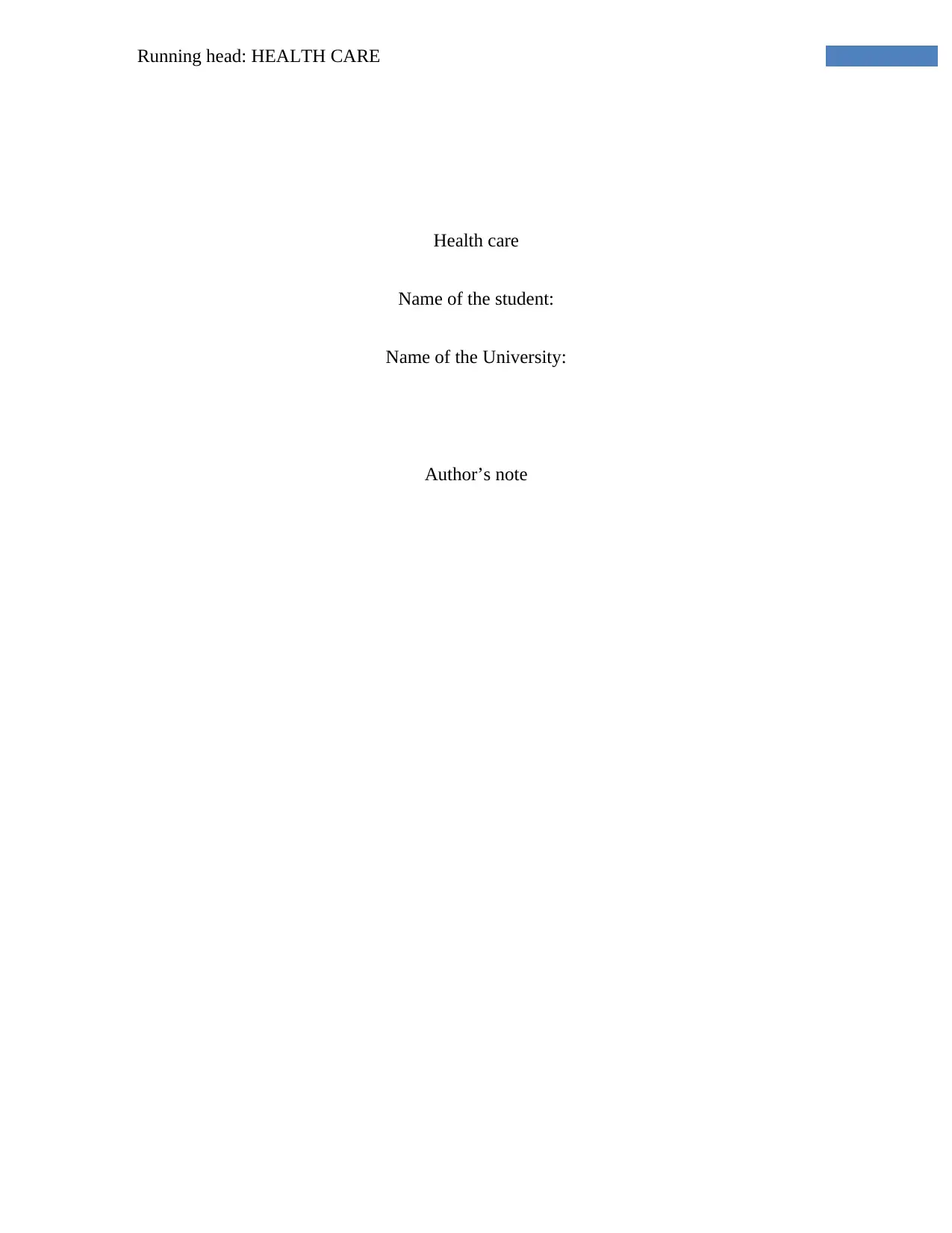
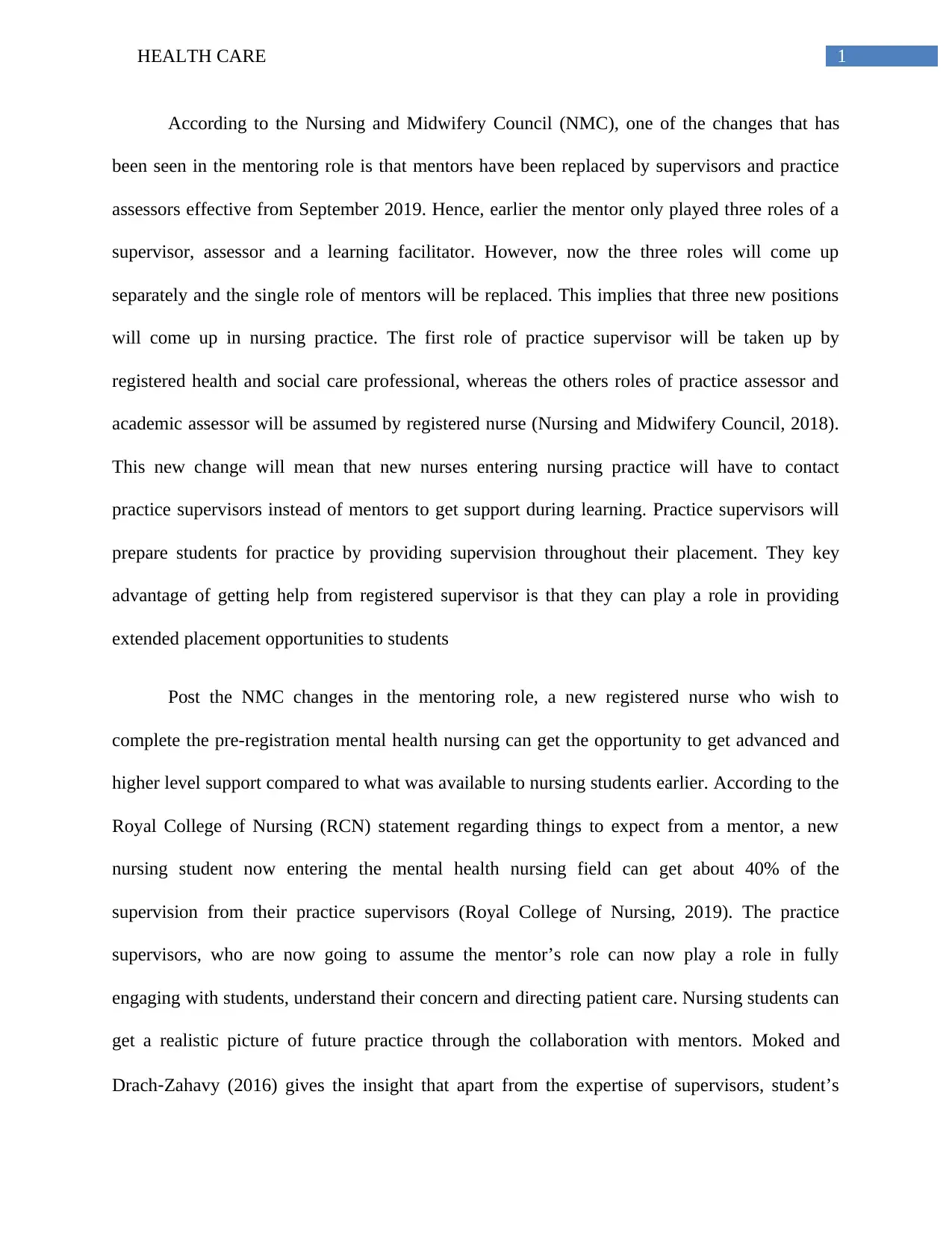
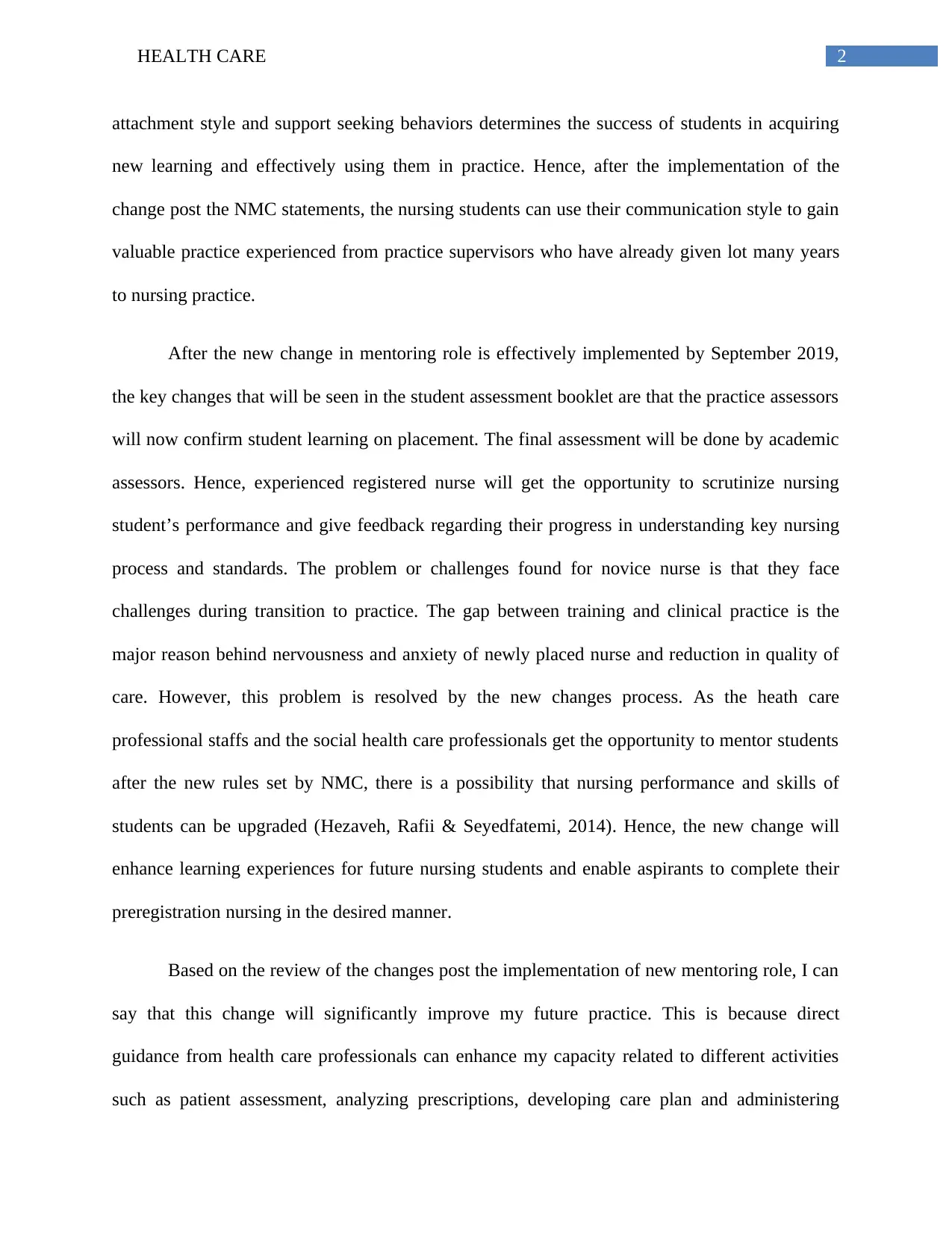

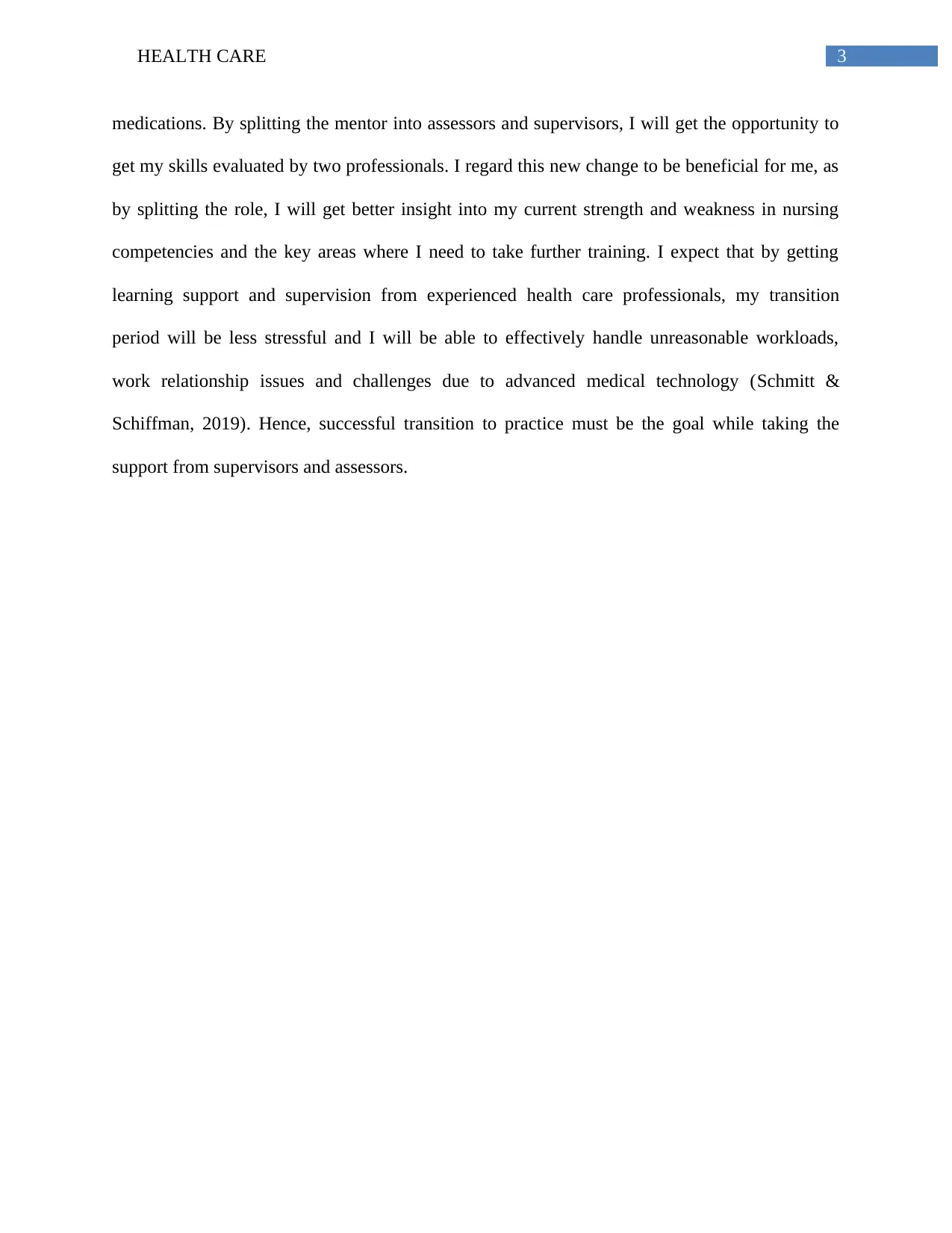
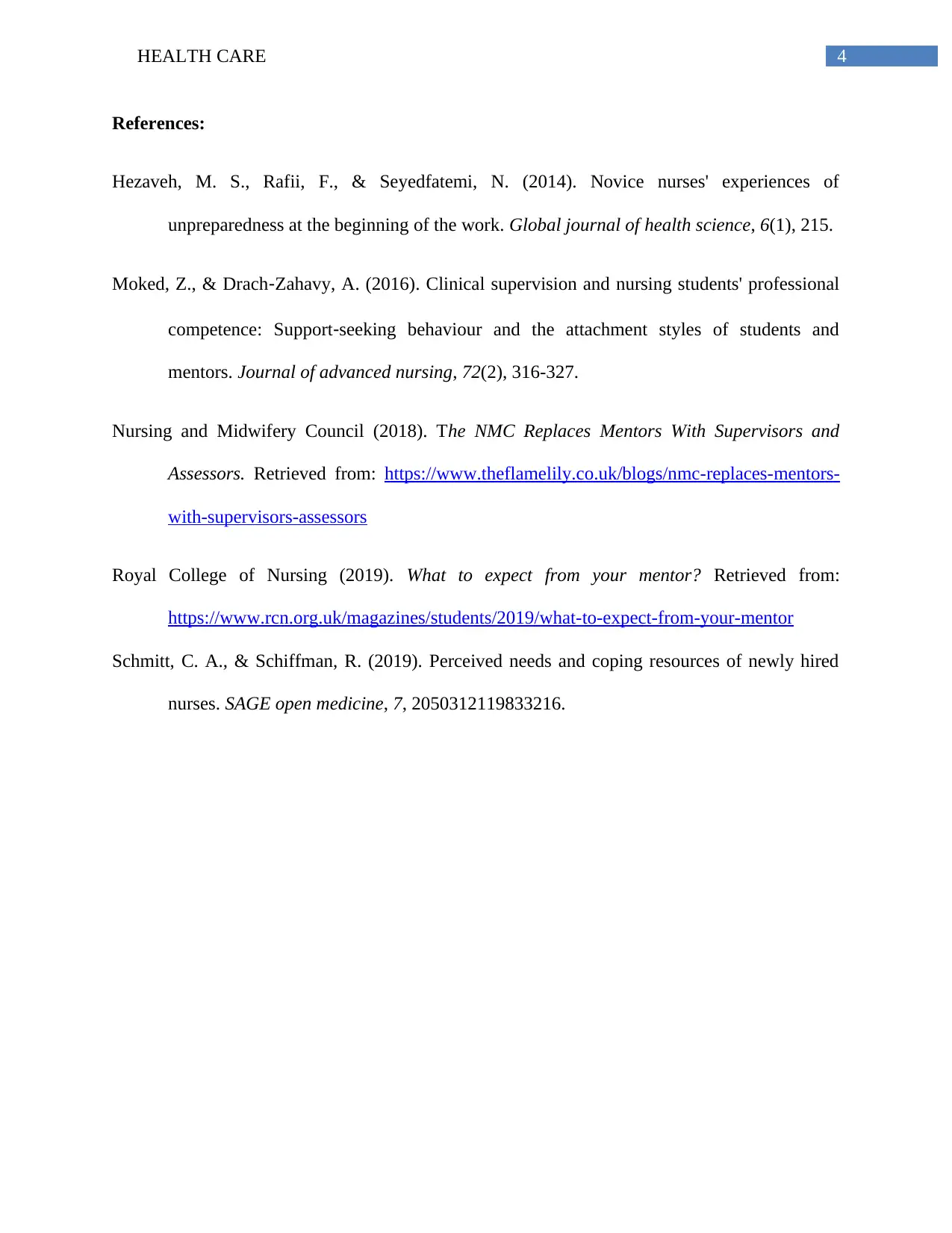





![[object Object]](/_next/static/media/star-bottom.7253800d.svg)